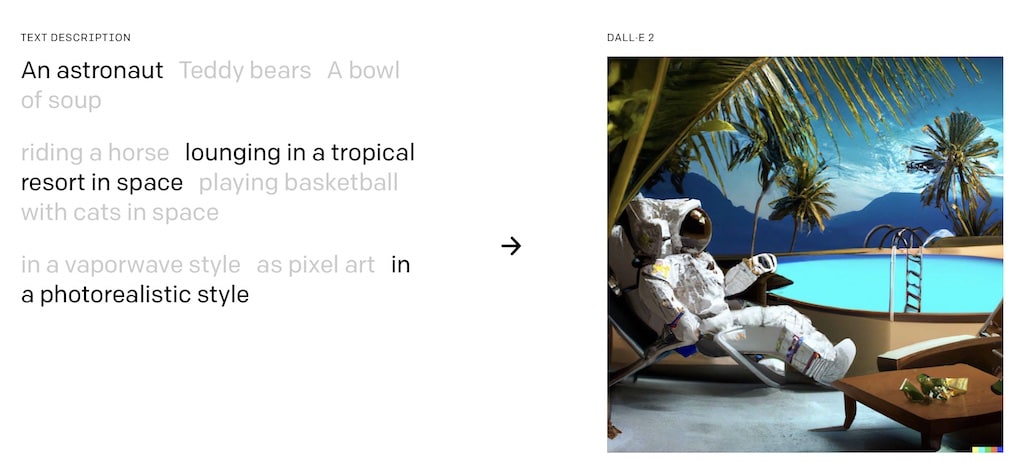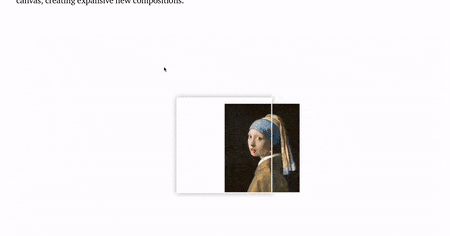When the internet first arrived at our door, it brought the promise to connect our world in new, unique, and exciting ways. It promised to immerse the world in information that we could see and share with others.
That it did.
However, it hasn’t turn out like we envisioned.
As time marched on, the internet turned into an ocean filled with propaganda. “Truth” didn’t become an absolute, “truth” just depended on your political, religious, or academic persuasion.
As we fast forward to today, to a large extent, the internet lost its educational value and has driven the world insane. Political and other world events take on different meanings to different people. This is not only driven by corporate media (news), but social media.
Social media, just like the internet promised to connect us all. You could find that friend from long ago or keep tabs on family far away. We suddenly forgot about the phone, text messaging, and email. That day, was a dreary mistake for the world.
We took our personal communications and placed them into the hands of corporations. Hey, it made things easier, I guess. It sounded good at the time, but as we look back, social media has polarized our world in ways we never imagined.
For years, we have known the FBI spies on Americans. It was a shock to the world when that was first revealed. Today, the FBI admits it spies on Americans in coordination with the CIA and NSA. We hardly notice or pay attention.
Truth, knowledge, and our values have been watered down.
Of recent, billionaire Elon Musk purchased Twitter and revealed a lot of what we expected. Social media has been censoring content. Worse yet, they censored content at the whim of our government.
For years, the political pundits would say, “social media can censor content as they are a private platform.” This is true, but to censor content at the behest of our government is an entirely different story. The government has essentially, revoked your First Amendment when it comes to social media.
I wonder how many people that actually bothers?
So social media has turned into yet another tool of intelligence agencies and political parties.
What a world we live in…
Ohh, but it gets better.
Recommendation Media
Just the other day I came across an article titled, “The End of Social Media and the Rise of Recommendation Media.” It was penned by a former executive at Spotify. He points out, back in July, Meta implemented a new system wide feature, an algorithmic, recommendation-based model of content distribution.
He calls it, “recommendation media.”
Essentially, it removes your friends from the picture and only shows you what you’re into. Movies, news, whatever it is, that’s what the Borge, I mean system will show you.
Unfortunately, this keeps people in a silo where they never see anything new outside of their norm. This prevents us from learning new things and having new experiences. It defeats the whole point of the internet, and the “Information Age.”
The author defines social media as,
…effectively a competition based on popularity, not on quality of content.
Very true.
So what’s algorithmic recommendation media?
Let me share some quotes with you from that article.
Study and news with a fresh Christian perspective in your inbox.
In recommendation media, content is not distributed to networks of connected people as the primary means of distribution. Instead, the main mechanism for the distribution of content is through opaque, platform-defined algorithms that favor maximum attention and engagement from consumers. The exact type of attention these recommendations seek is always defined by the platform.
So essentially, AI will control what you see an hear.
Sort of like the “Outer Limits.”
…if the platform determines that someone loves movies, that person will likely see a lot of movie related content because that’s what captures that person’s attention best. This means platforms can also decide what consumers won’t see, such as problematic or polarizing content.
I must add, isn’t displaying or not displaying certain types of content someones version of “polarizing content?”
Queue the Federal government who simply nudges social media to tweak the algorithm, in order to hide pesky and unwanted content. As I already outlined, this occurs today, and it will likely continue.
It’s ultimately up to the platform to decide what type of content gets recommended
Elon Musk has already uncorked the chicanery that’s been going on behind Twitter doors. We can only imagine when it’s hardcoded into the system.
Now, let’s really ram the point home!
In social media, creators maintain programming power over what gets seen and when. But in recommendation media, the platform is always in control.
…the algorithm is understood to be the final decision maker about what gains traction and what doesn’t. This gives platforms far more leverage to hide unwanted content and therefore reduce the need for massive moderation teams.
Yep.
El creepo.
Facebook is already doing it, Instagram has done it for awhile, Twitter just went to it, and TikTok was born with it. This is the future, and present state of our world.
But, it gets better…
AI-Generated Media
The author suggests,
If recommendation media is about platforms having more control over the consumer experience, it’s not hard to imagine that platforms will ultimately seek even more efficiency by making their own content.
How exactly could a platform make their own content?
Through artificial intelligence of course!
Already, OpenAI’s DALL-E 2 can whip up a photo with just a little text input.

That picture was created by typing:
- An astronaut
- Lounging in a tropical resort in space
- In a photorealistic style
How about an entire painting based on just a single image?

That’s not the future, that’s the right now.
Five years ago Matt Hartman said, “The Future Will Be Synthesized,” and it already is. Not to mention, Microsoft just unveiled VALL-E, text-to-speech AI that can be trained in just 3 seconds.
Long ago, I imagined a world where computers have a much larger role. At this juncture in human history, it seems improbably for that not to be the case.
Everyday, billions of people on the planet provide data to search engines and social media. This information, when properly captured and catalogued is immensely powerful. With machine learning, and everything being digitized, our future will be more controlled and manipulated than ever before.
Welcome to the age of disinformation.